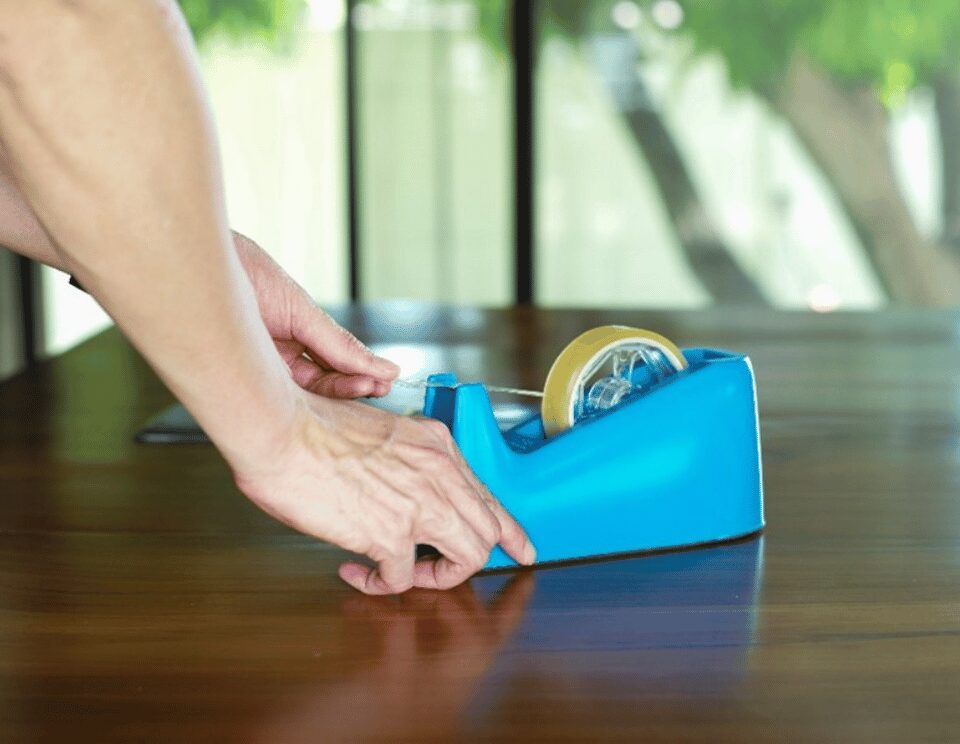Redefining FMCG Innovation
It is no secret that innovation is key to staying ahead of the competition in the Fast-Moving Consumer Goods (FMCG) industry. Products and categories have been hyper-optimised through years of research and innovation. We are often now looking for small edges to get ahead. Research must therefore be detailed and precise in its outcomes.
Needs-based and capabilities-based innovation approaches have long been the bedrock of product development. However, extreme prototyping (XP) is pushing the boundaries of how we think about and develop new products. It taps into unmet needs, driving long-term commercial success.
Finding unmet needs is critical to finding those edges, helping FMCG clients win, even if it’s by a tiny margin. The ideas born out of XP can be the difference between ordinary and extraordinary innovation.
The challenge of traditional innovation
Historically, FMCG companies have relied on two primary approaches to innovation:
- Needs-based: Typically involves deep ethnographic research to understand current consumer behaviours and needs. While effective, it often confines innovation within the realm of current experiences, limiting the ability think more broadly.
- Capabilities-based: Focused on what is technically feasible to produce. This can sometimes lead to solutions that don’t meet genuine consumer needs or market demands.
Both have merits, but often fall short of predicting and addressing future consumer behaviours and needs.
What is extreme prototyping (XP)?
Bridging the gap between traditional approaches, XP introduces seemingly unrelated stimuli into real-life scenarios. It removes the constraints of habits and typical behaviour, allowing consumers to explore new possibilities and identify white spaces.
How does XP work?
At its core, XP involves giving consumers an object unrelated to the category, and asking them to reimagine it within a specific product context. For example, we give them a Sellotape dispenser and ask them to imagine it as a deodorant or a food product. This unconventional approach forces consumers to think outside their current experiences and consider new ways to meet their needs.
Uncovering hidden needs and opportunities
While initially confusing, consumers quickly become curious and creative, and the stimulus helps reveal pain points and unmet needs which traditional methods may not uncover. For example, reimagined as a laundry product, a Sellotape dispenser becomes a targeted stain remover that offers increased efficacy, reduced colour fade, or hypoallergenic properties.
Pain points and unmet needs are brought to the surface. Jobs-to-be-done are identified. Benefits that consumers seek are defined. These insights are invaluable for new product development (NPD) pipeline that meets future innovation targets and disrupts the market.
Real-world applications and success
It’s shown tangible results. One notable example involved using a piece of plastic to represent a dishwasher product. Consumers’ interpretations ranged from intelligent dishwasher salt to a hard version of rinse aid. These insights have helped shape the development of modern dishwashers that now incorporate features predicted by consumers years ago.
Extreme prototyping conclusion
XP offers a fresh and dynamic approach to innovation in the FMCG sector. By pushing consumers beyond their current experiences and encouraging them to think creatively, it uncovers new opportunities to develop products that really meet future needs. This methodology not only drives positive behavioural change, it also ensures long-term market success.
As we continue to explore the potential of extreme prototyping, it’s clear that the future of innovation lies in challenging the status quo and thinking beyond traditional constraints.
If you would like to discuss XP methodology further please contact [email protected], who would be happy to talk through your needs.





Stay In Touch